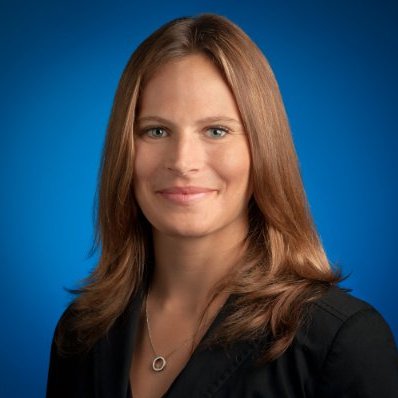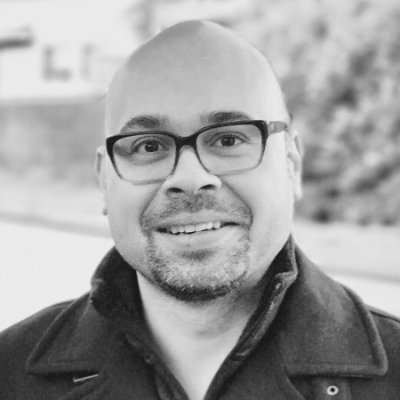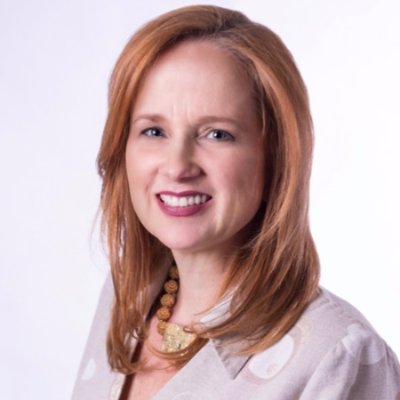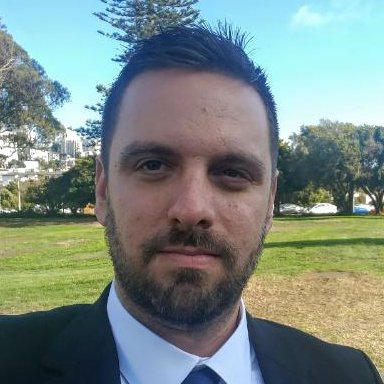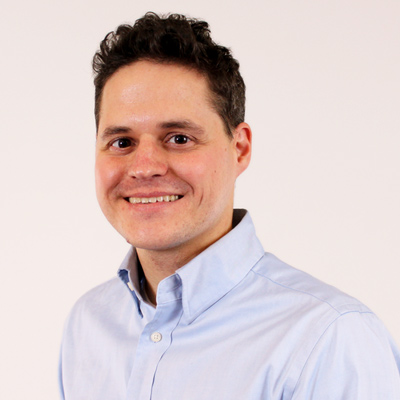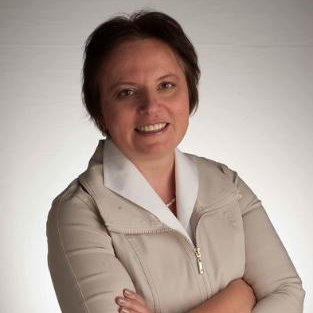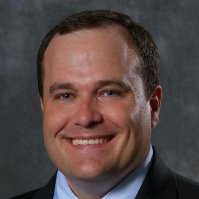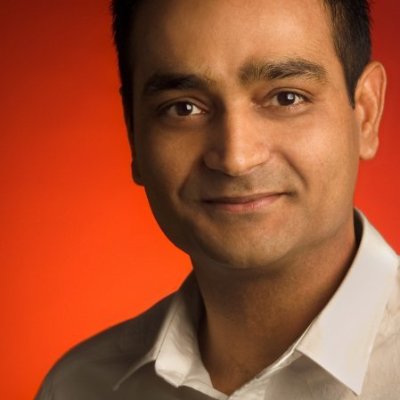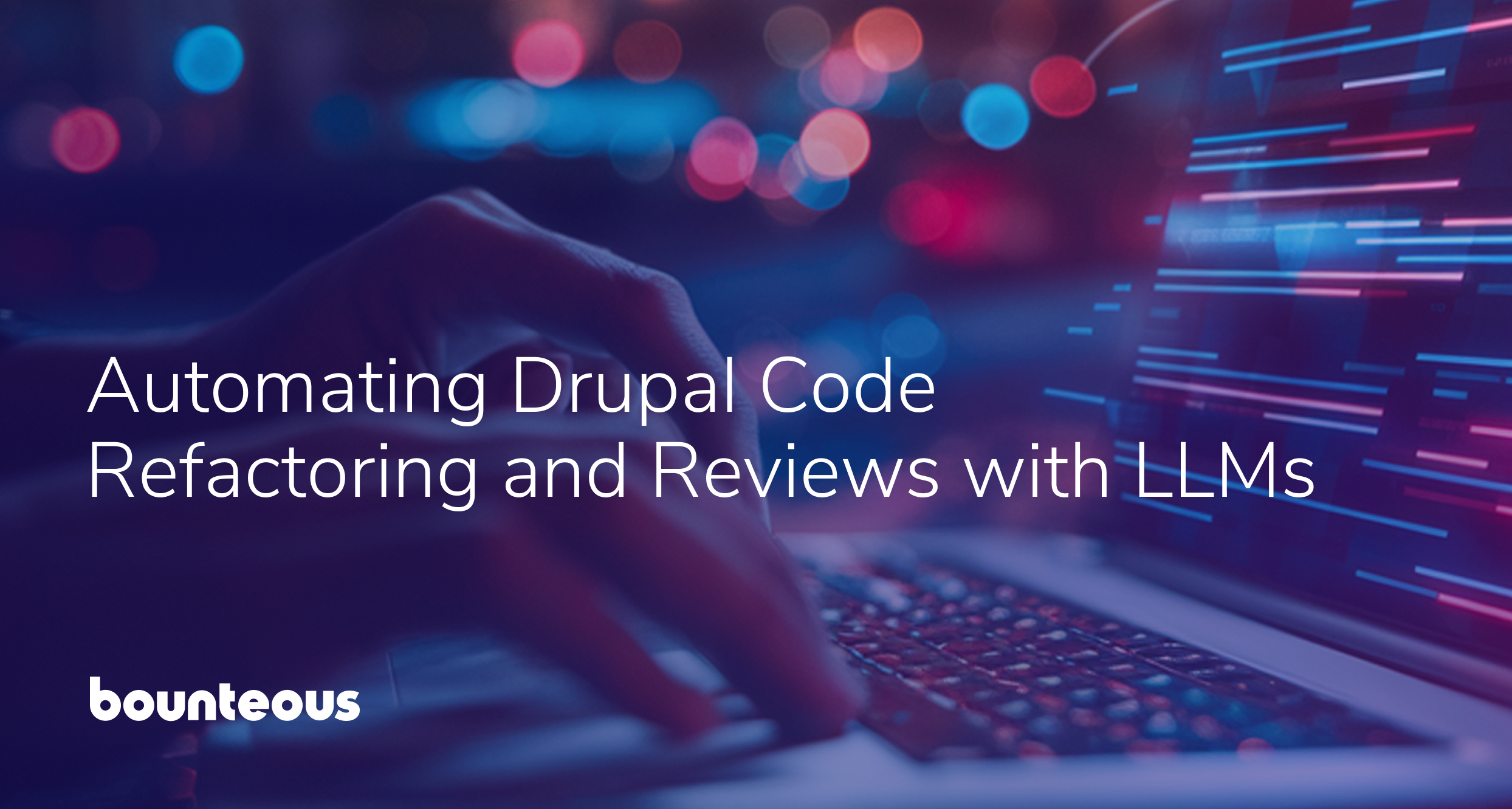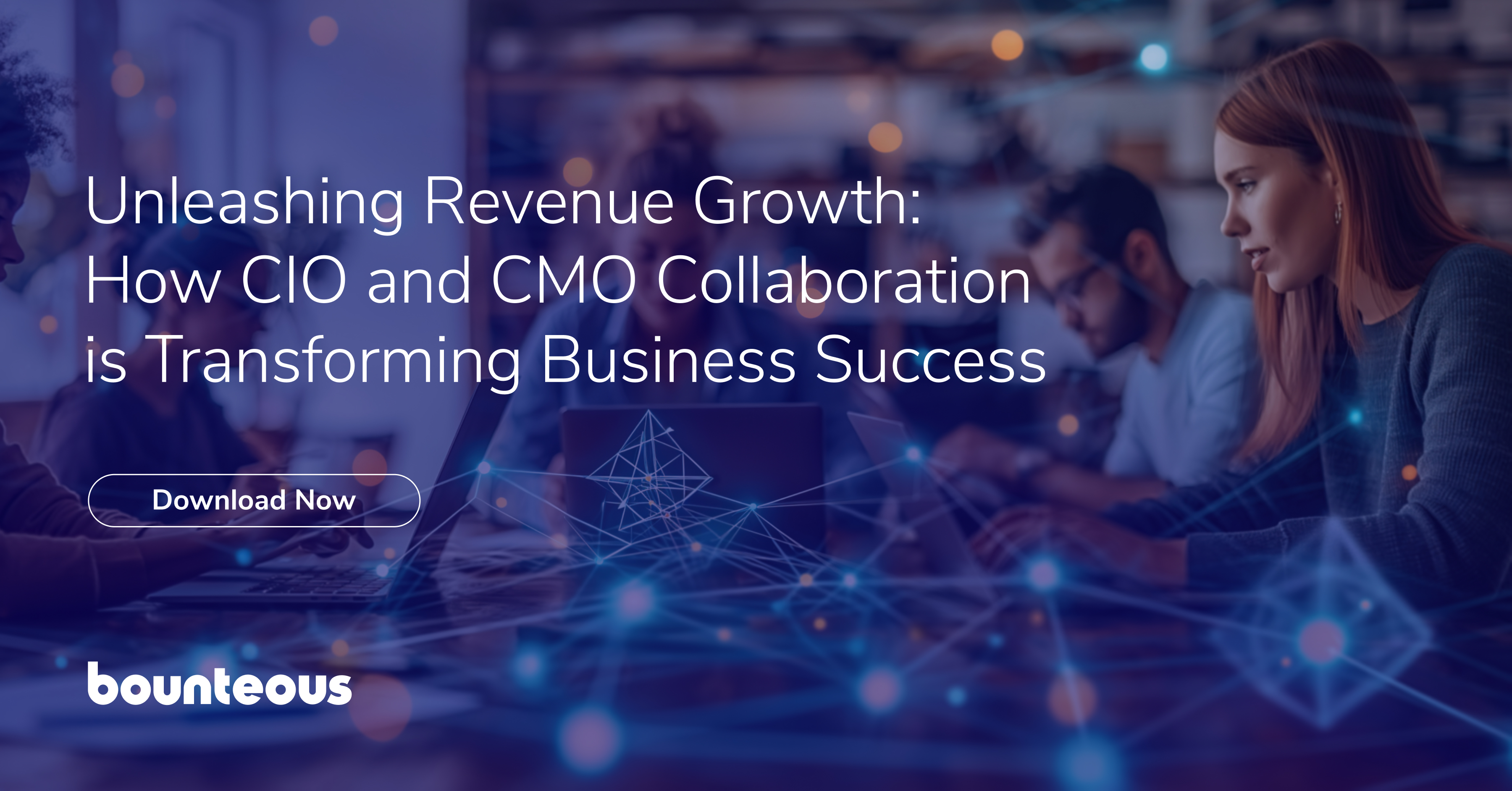“My path led from web development to SEO to paid search then, finally, Analytics. That continuum provided a broad context to the digital field, and at least an entry point for just about any conversation.”
"My Best Career Advice" From The Analytics Influencers

No one in my generation dreamed of a career in digital analytics. It wasn’t an option for pre-Urchin children. We dreamed of being firefighters and doctors and, if you were like me, backup dancers for Michael Jackson.
Lucky for music lovers, my aspirations moved away from ruining the King of Pop’s entourage. Instead, I grew enamored with the internet. An infinite creative canvas, uniquely accessible and measurable, with digital metrics — hits, sessions, users — that quantified and, thereby, empowered the impact of our online investments.
In other words, I started to become a digital marketer.
That should sound familiar — after all, you’re reading this. Maybe you were more into Springsteen or Swift, but the premise was the same. Your interests led you down a path that eventually manifested itself as web analytics. And you aren’t alone.
Young professionals are flocking to careers in web and mobile analytics for same reason that I did. This article is designed to help them start or continue their journey. It includes a collection of career advice from some of the biggest names and influencers in analytics.
-
Krista Seiden, Google
Krista Seiden is an Analytics Advocate and Product Manager at Google. Krista’s resume speaks for itself. But she speaks for herself, too, at conferences around the world and on her blog, Digital Debrief.
-
Alex Moore, Bounteous
Alex Moore is Director of Analytics & Insight at Bounteous. Alex leads consulting initiatives in analytics and data science and is a national trainer in Google Analytics and Google Tag Manager.
-
Matt Petrowski, United States Postal Service
Matt Petrowski is Digital Analytics Program Manager at United States Postal Service. Matt and his team transform website traffic metrics from USPS.com into meaningful, decision-making marketing insights.
-
Annie Cushing, Annielytics.com
Annie Cushing is Chief Data Officer at Outspoken Media and founder of Annielytics. Annie is a usual suspect at digital marketing conferences and frequent contributor to industry publications, including Search Engine Land and Moz Blog.
-
Adam Singer, Google
Adam Singer is an Analytics Advocate at Google and editor of The Future Buzz. Adam presents 15-20 times a year at the most prestigious conferences on digital marketing, PR, and analytics.
-
Michael Bartholow, Bounteous
Michael Bartholow is Manager of Digital Marketing Strategy at Bounteous. Michael is an industry advocate of data-driven marketing, presenter at Inbound and SMX, and national Google AdWords trainer.
-
Khalid Saleh, Invesp
Khalid Saleh is CEO of Invesp, a usability and conversion optimization firm and co-author of “Conversion Optimization: The Art and Science of Converting Prospects into Customers.”
-
Elena Alikhachkina, Johnson & Johnson
Elena Alikhachkina is Global Head of Analytics at Johnson & Johnson. Her insight was originally published here.
-
Russell Walker, Kellogg School of Management
Russell Walker is a professor at the Kellogg School of Management and author of “From Big Data to Big Profits: Success with Data and Analytics” and other books. His insight was originally published here.
-
Avinash Kaushik, Google
Avinash Kaushik is Digital Marketing Evangelist for Google and author of “Web Analytics 2.0” and “Web Analytics: An Hour A Day.” His insight was originally published here.
If You Were Starting Your Career in 2017, What Would You…
To help guide future analysts young and old who are interested in the industry, I’ve asked for direct feedback from industry leaders as well as curating existing advice around two important points:
- If you were starting your career in 2017, what would you do exactly the same?
- If you were starting your career in 2017, what would you do totally differently?
Two simple questions with tremendous impact. Here is a summary of their advice, with some of my analysis and thoughts along the way.
Get Technical
We can’t analyze what we can’t track, and tracking requires a technical infrastructure. Anyone can look at a graph, but only analysts with strong technical skills can cull the data to create it or understand the underlying processes to interpret it.
But developing those skills is intimidating. Analytics was not an available course or major on university campuses so most of us were self-taught. That’s one of the things that many of the experts referenced.
“I often feel limited by not having a development background, which can be frustrating. If I had a college do over I would absolutely study data science or computer science.”
Annie Cushing
There are many schools of analytics and for a long time, the skills necessary for web analytics focused mainly around collection, or how do we get the information off the page and into a tool like Google Analytics. Changes over the years have made this part of analytics easier, as website platforms have risen in popularity and tag management tools like Google Tag Manager have lowered the technical barriers of entry.
While knowledge of front-end technologies is still vital, the shift is being made to focusing on analysis and evaluation, or mining the data for results, which overlaps more broadly with other analytics focuses. While this shift couldn’t necessarily have been predicted, many commented on the need for deeper technical skills.
“I would begin my development-to-marketing path, not with HTML and JavaScript, but with Python, R, and Java. I wish I had seen the machine learning revolution coming ten years ago. Machine learning will be the great litmus test among agencies between those providing mere “reporting” and insight. With a solid foundation in these technologies, a young aspiring analytics professional in 2017 will be able to crack open data in ways that a human being literally cannot, and that puts these newcomers at a huge advantage.”
Alex Moore
“I would have had a much better start in the digital field with a more technical background. I don’t think I would have enjoyed a major in computer science, because it’s not really my strong suit, but a minor would be so incredibly helpful to what I do these days.”
Krista Seiden
Most of us learned technical skills the hard way: break it, read Stack Overflow threads, attempt to fix it. Someone could have saved us the frustration by encouraging experimentation with functions during daycare.
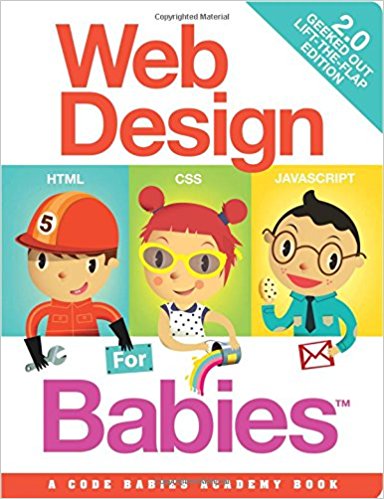
Sidenote: This book is actually a great primer for a non-technical person looking to get started with Google Tag Manager and HTML!
Understanding how things work is so important, even if you’re not the one writing code. Especially if you’re not writing the code. Regardless of your role, you will need to be able to work with others to evangelize analytics and empathize with their goals.
“I would have spent more time actively engaging development teams about the importance of what we do. As we continue to type and talk our way through the IoT, we need to ensure that information can be found, adapted, and interpreted by all stakeholders.”
Matt Petrowski
Marketers and developers have an infamously complicated relationship that can feel more like a House of Cards episode than anything exhibiting teamwork. Analysts with a technical background can be valuable mediators between the two, serving as a trusted advisor with expertise in both areas.
Related Reading:
- Data Storytelling: The Essential Data Science Skill Everyone Needs (Analytics Summit)
- Tips for Getting A Job in the Digital Analytics Industry (Bounteous)
Crave Experience
Resumes in a stack begin to blur after the second dozen. Intangibles like enthusiasm and thought leadership don’t jump off the page like black-inked experience. Recruiters even take shortcuts to uncover it.
Bounteous' About Us page reveals many parallels amidst such diverse backgrounds. Almost all of us have personal projects that have added valuable experience with experimentation, promotion, and skills beyond their official job titles.
More importantly, varied experience leads to wisdom. Anyone can learn to write a line of code or create a Google Analytics filter. It’s the stories surrounding the lesson that add value to your career and extend your trajectory.
“You can learn everything there is to learn about fishing in a book, or at a University. You won’t actually get any good unless you grab that pole and sit for hours on end on the water… Go get a site. Your mom’s. Favorite charity’s. Your friend’s business. Your spouse’s sibling on whom you have a crush. Or. . . start your own!”
Avinash Kaushik
“I am continually curious about new technology, new digital platforms, and new ideas. I sign up for new products, implement them and play around with them, and then compare and contrast to what I know. Understanding the digital landscape is key — it’s how I got into Google Analytics in the first place. While I was working at Adobe, I decided to implement Google Analytics on my blog to expand my analytics knowledge set.”
Krista Seiden
“I spend 25% of my time learning something new and it used to be a lot more. You have to be constantly learning and adding to your arsenal.”
Khalid Saleh
Khalid is always reading something: new books, new blog posts. His company also keeps a weekly meeting where every team member is expected to bring in some piece of new information they learned and share it with everyone else.
Many professionals are quick to point out that knowledge beyond traditional analytics is essential, too.
“Almost all of your career success will not be sourced from your ability to build pivot tables in Excel… rather it will come from two abilities: a) your business knowledge [and] b) your emotional Intelligence.”
Elena Alikhachkina
“If your goal is to participate in leading and transforming an organization, it will require more than writing code and doing analysis… If you work for a company that manufactures goods, go visit the factory. Learn how things get done. Learn about the processes that you are modeling.”
Russell Walker
Acquiring knowledge is a science. Turning it into experience is an art, and that is a learned skill that takes most people years to develop. Often it’s not something a professional can do on their own, in their own head. It requires the right environment. Sometimes it’s the right peer network. Sometimes it’s the right company. Sometimes it’s the right clients.
“I would 100%, without question, start my career again at an agency — the diversity of projects and clients, and the expertise available for osmosis from every colleague and every smart client.”
Alex Moore
“Starting my career on the agency side was really a great decision. Agencies are the ones who execute much of the actual hands on, tactical marketing work, which you need to spend years working on before you truly understand developing higher level strategy work.”
Adam Singer
Agencies provide a tremendous amount of variety and flexibility. But that’s not the only way to learn. I’ve also found that entrepreneurial and nonprofit environments have similar advantages. Resource scarcity, while typically not something we strive for, can force us to be especially creative. Some of my most influential professional experience was derived from desperation — “Well, this has to be done and there’s no one else to do it…”
Related Reading:
- Q&A With Ad Students: Advice For Marketers Just Starting Out (The Future Buzz)
- Data Driven, Career Driven with Krista Seiden (Jeffalytics)
- Career Change Tactics to Steal My Digital Marketing Job (Bounteous)
Pursue Passion
Career passion is a calling for some people — they can’t imagine doing anything else. For others, it’s a search. Our analytics experts spoke to both sides.
“Agencies give you a view into many different industries and companies so you can figure out what work you’re really passionate about to pursue.”
Adam Singer
“I’m extremely passionate about what I do. Analytics, and more broadly, digital marketing, is something I get excited about, to the point that I love to talk to my family and friends about it (likely too much so, in their opinions).”
Krista Seiden
Passion and generally standing for something goes a long way. Krista is a great example. She has put a tremendous amount of work into the #WomenInAnalytics movement to help elevate women in this field and make it a more inclusive space.
“I’m driven by my passion for the field, but also by the knowledge that many people out there haven’t had the opportunities I have had to dive into it, and I want to help them do so anyway I can.”
Krista Seiden
Passionate people live-and-breathe what they do, all day every day. Whether starting a career or looking to take it to the next level, remember that people (especially recruiters!) are drawn to enthusiasm.
“The best digital marketers advocate 24 hours a day. What are you advocating for in your spare time? Do you run Facebook ads for a family business or do volunteer work with a nonprofit’s website? Do you run an Etsy shop or a YouTube channel? Passion in the evening and weekends translates to passion for in-house and client work.”
Michael Bartholow
Last winter I spent a cold February weekend hacking together Google Assistant, Google Analytics and my FitBit in an effort to gamify my life. Now I’ll be the first to admit that normal people don’t do that. Normal people participate in winter sports and watch Game of Thrones.
Normal people also don’t love their job.
Related Reading:
- 4 Practical Ways To Find Your Life’s Passion (Forbes)
- An Unassuming Key to Career Success in Tech (Bounteous)
Take Risks
A scan of the experts LinkedIn profiles reveals something interesting. Nearly all of them include career paths (or detours) that are not linear. They don’t follow a “perfect career progression” that you might see in a Tony Robbins seminar. Most of these thought leaders pursued passion projects, donated themselves to causes, and contributed to the conversations around them. They took risks. And, although arguably selfless or selfish or silly, this experience advanced them.
“I took a lot of risks early on in my career but, looking back, I think I could have done even more to push the envelope and try things no one else had done yet. When you are young your mind is basically free of the little voice telling you ‘This is a wild idea, I shouldn’t do it.’ Take advantage of that!”
Adam Singer
Following someone else’s lead without questions or falling into your own routine can be dangerous. As an analyst, your goal should always be why and how, instead of simply what.
“I focused a lot on reporting and, boy, I could get very creative generating more and more reports with tons of data. But I lost track of what these reports are telling me. Reports without actionable insights from them are useless.”
Khalid Saleh
“I learned early the importance of anticipating questions before they are asked. There should be very few ‘whys’ and ‘hows’ left unanswered when it comes to discussions across teams.”
Matt Petrowski
This next quote, or quote of a quote, is perhaps the best advice of the group, and is the best way I can think to end this roundup.
“Even the things I tried that failed ended up providing such good lessons — success is a horrible teacher. As one of my former clients used to tell me, ‘Regret what you do, not what you don’t.’”
Adam Singer
Related Reading:
- 7 Reasons Why Risk-Taking Leads to Success (HuffPo)
- Not Taking Risks Is the Riskiest Career Move of All (HBR)
Our comment section is typically filled with troubleshooting questions and technical caveats. If you’re a professional in the analytics industry, like many of our readers, I’d encourage you to share your own career advice below!
